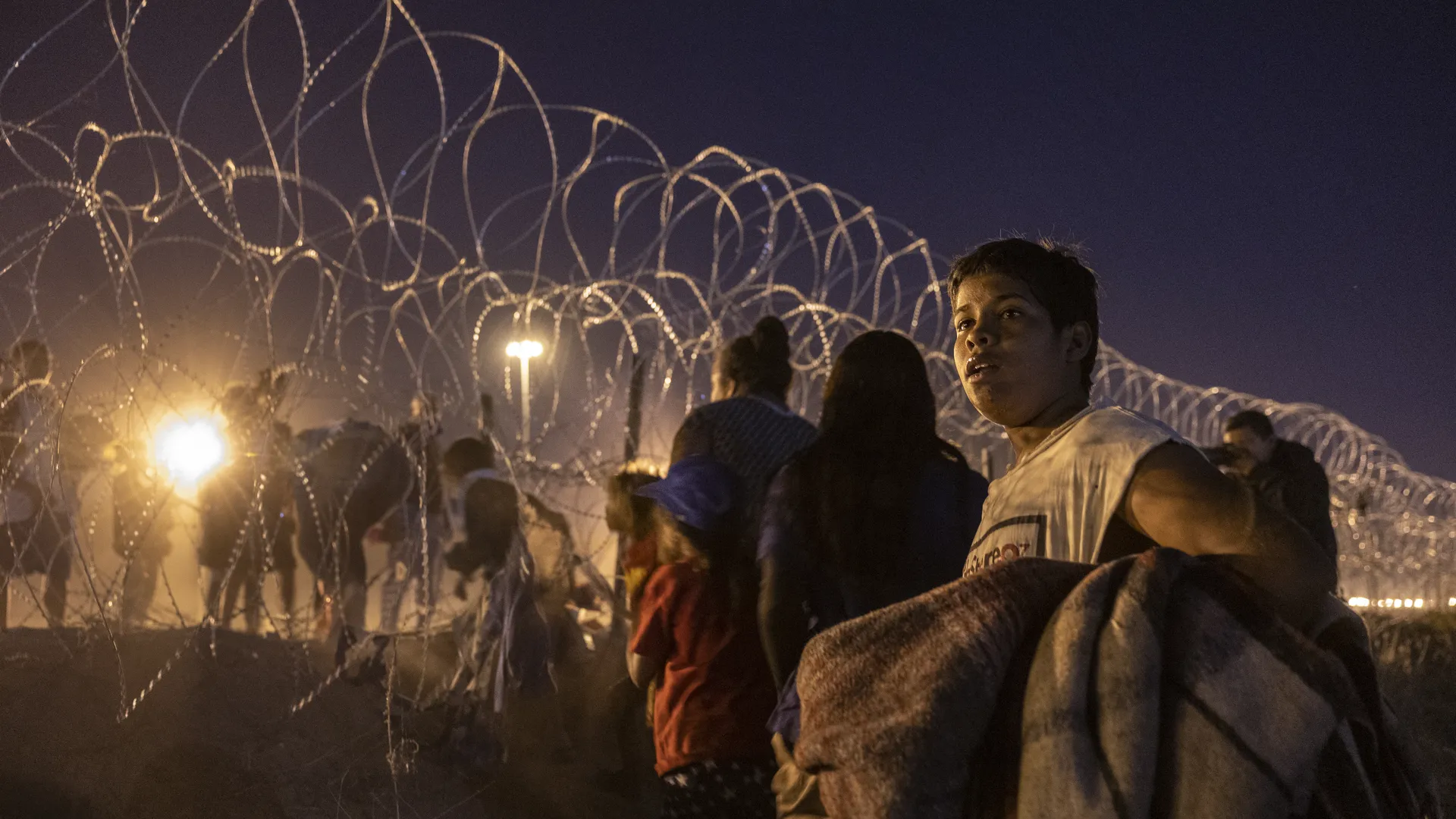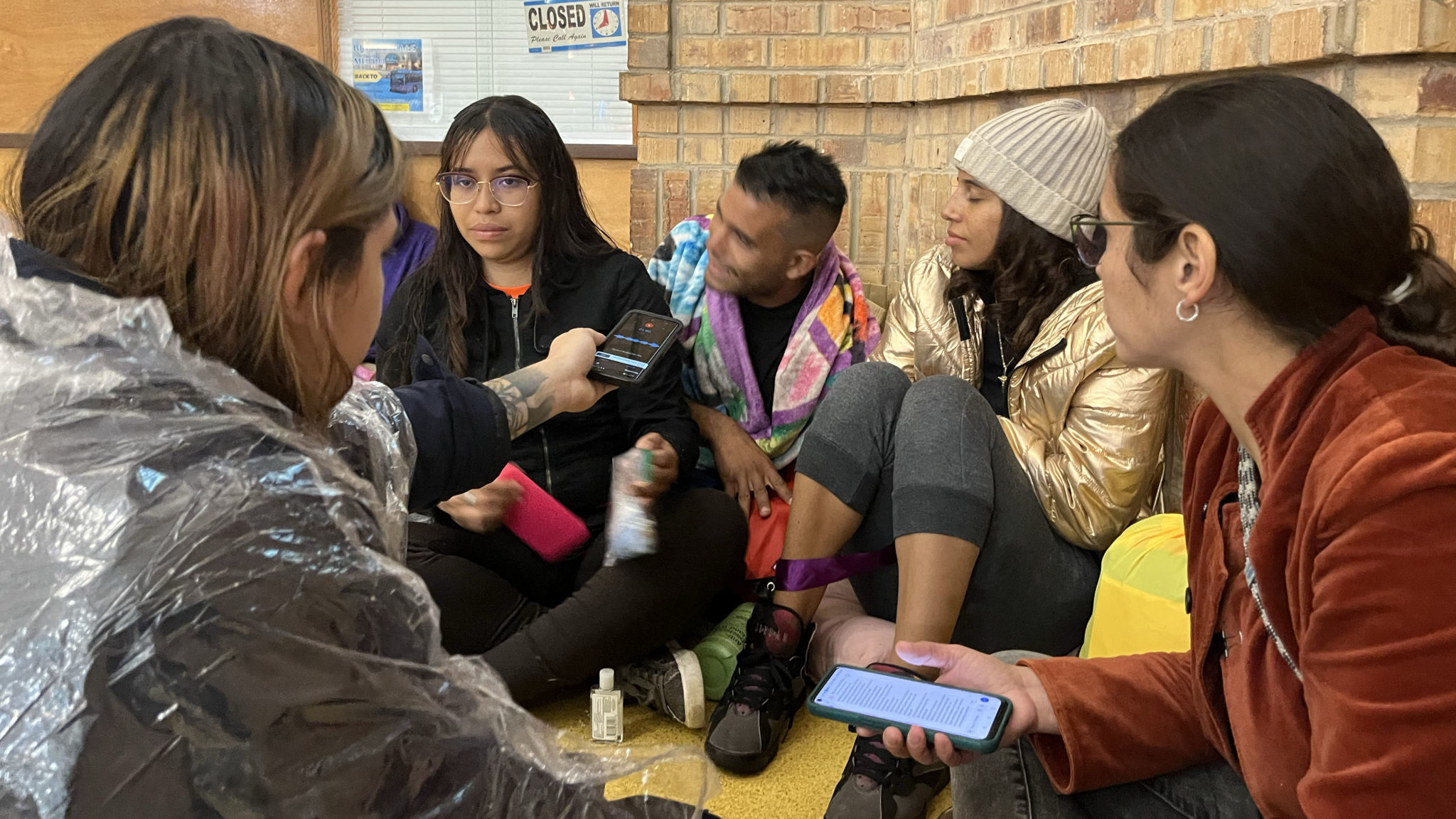The humanitarian crisis at the southern border of the United States continues to worsen as thousands of migrants seek refuge in the country, only to face desperate conditions and limited resources. The recent expiration of Title 42, a policy implemented by former President Donald Trump to swiftly expel migrants, has raised concerns about the treatment of those attempting to cross the border.
Despite promises of a more humane immigration policy, President Joe Biden has replaced Title 42 with a transit ban that places significant obstacles in the path of migrants seeking asylum. Migrants are required to apply for asylum in every country they pass through before reaching the United States, only becoming eligible if they are rejected in each country. Additionally, they must download a smartphone app prone to glitches to schedule an appointment with an immigration official.
These policies have immediate consequences for migrants, who often face robbery and loss of belongings during their journey. Many arrive at the border without phones or means to download the required app. The conditions in the migrant camps, such as Matamoros, are dire, with some individuals waiting for months in terrible conditions. Reports of pregnant women being separated from their partners and detained migrants facing imprisonment upon entry further highlight the crisis.

The root causes of mass migration from Latin America are complex, including economic pressures and the impact of neoliberal policies. The demand for cheap labor, driven by trade liberalization and the privatization of basic services, has displaced people from their rural livelihoods in Central America and rural Mexico. The legacy of migration from the region is also influenced by factors such as the NAFTA treaty and rising poverty and inequality exacerbated by the pandemic.
As the crisis at the southern border continues to unfold, it is crucial to address the humanitarian needs of migrants and work towards comprehensive solutions that address the underlying causes of migration. The United States and the international community must prioritize the protection of human rights and create pathways for safe and legal migration, ensuring the dignity and well-being of those seeking a better life.

